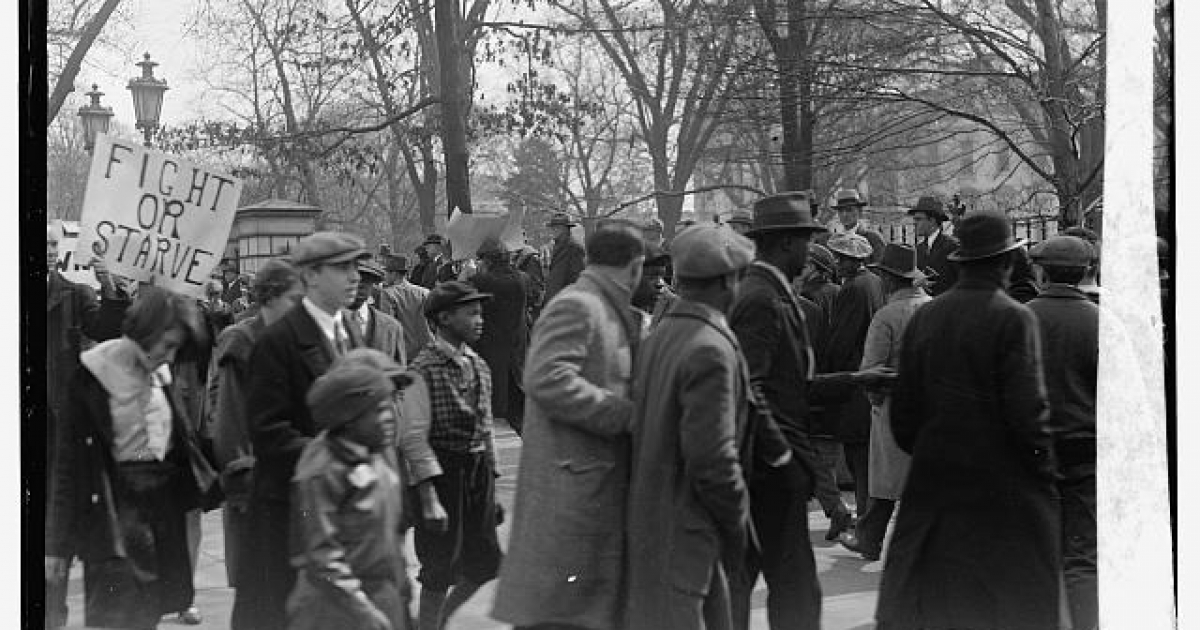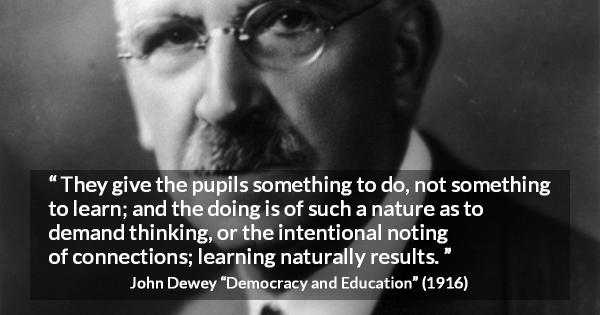

Raised by an evangelical mother, Dewey had rejected faith by his 30s. He chaired a commission convened in Mexico City in 1937 inquiring into charges made against Leon Trotsky during the Moscow trials. A humanitarian, he was a trustee of Jane Addams' Hull House, supported labor and racial equality, and was at one time active in campaigning for a third political party. He was one of the founders of the philosophy of pragmatism. Of more than 40 books, many of his most influential concerned education, including My Pedagogic Creed (1897), Democracy and Education (1902) and Experience and Education (1938). Dewey conducted international research on education, winning many academic honors worldwide. He promoted learning by doing rather than learning by rote. Dewey's special concern was reform of education. He joined the faculty of Columbia University in 1904.

After teaching philosophy at the University of Michigan, he joined the University of Chicago as head of a department in philosophy, psychology and education, influenced by Darwin, Freud and a scientific outlook. He earned his doctorate at Johns Hopkins University in 1884. In 1859, educator and philosopher John Dewey was born in Burlington, Vermont. He was a major representative of the progressive and progressive populist philosophies of schooling during the first half of the 20th century in the USA. Dewey, along with Charles Sanders Peirce and William James, is recognized as one of the founders of the philosophy of pragmatism and of functional psychology.

John Dewey was an American philosopher, psychologist and educational reformer whose ideas have been influential in education and social reform.


 0 kommentar(er)
0 kommentar(er)
